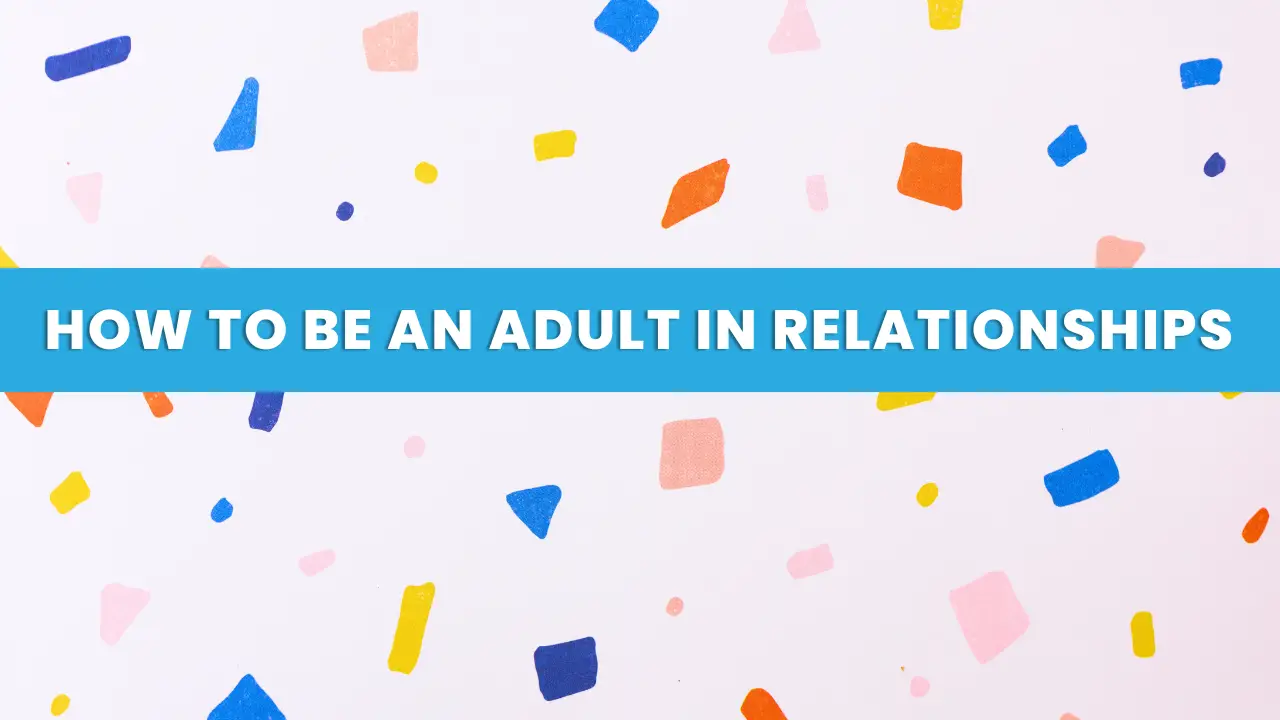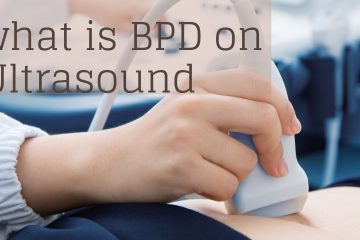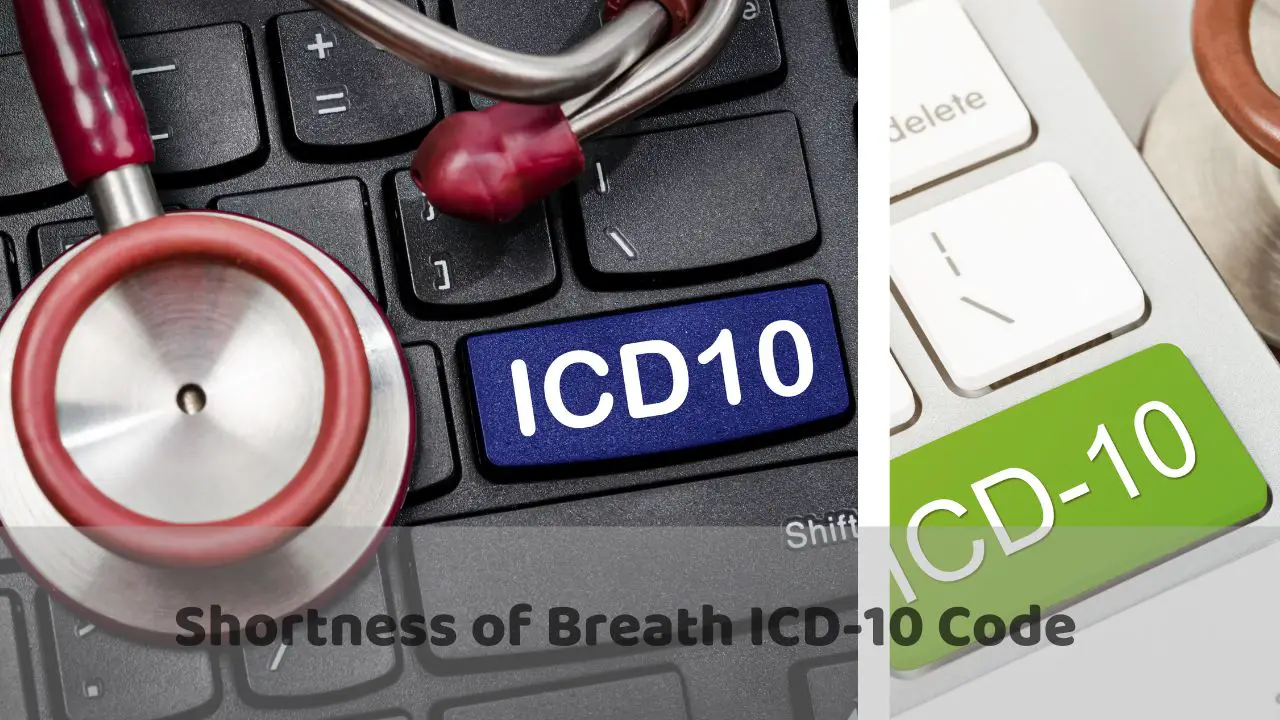Learning effective communication skills is essential in understanding how to be an adult in relationships. Building and maintaining healthy relationships is an essential part of adulthood. Whether it’s a romantic partnership, a friendship, or a familial connection, understanding how to navigate emotions and various states of mind is crucial. As we grow and mature, we learn that being an adult in relationships involves a blend of self-awareness, effective communication, empathy, and a commitment to personal growth. In this blog, we’ll explore the art of being an adult in relationships, accompanied by thought-provoking questions to help you reflect on your own journey.
1. Self-Awareness: The Foundation of Healthy Relationships
Understanding oneself is the cornerstone of building meaningful relationships. Before embarking on a journey with someone else, it’s vital to explore your own emotions, triggers, and aspirations. Take some time to reflect on the following questions:
- How do I typically react when I’m angry, sad, or frustrated?
- What are my core values and how do they align with those of my partner or loved ones?
- What are some past relationship patterns that I want to avoid or improve upon?
2. Effective Communication: The Key to Connection
Communication is the bridge that connects individuals in a relationship. Being an adult in relationships means learning how to express yourself honestly while also being an active and empathetic listener. Understanding that conflicts can be opportunities for growth and compromise is a vital lesson in how to be an adult in relationships. Consider these questions:
- Am I actively listening to my partner, friend, or family member, or am I just waiting for my turn to speak?
- How can I communicate my needs and boundaries without hurting or disrespecting the other person?
- Do I feel comfortable discussing difficult topics, and if not, what steps can I take to improve this aspect of communication?
3. Empathy: Walking in Each Other’s Shoes
Empathy is the ability to understand and share the feelings of another. It’s a vital skill that helps us connect on a deeper level with our loved ones. Reflect on these questions:
- How well do I understand the perspective and feelings of my partner or loved ones?
- Can I set aside my own judgments and biases to genuinely empathize with their experiences?
- What are some ways I can show empathy even when I disagree or don’t fully understand their point of view?
4. Personal Growth: Evolving Together
As adults, we are constantly changing and evolving. Embracing personal growth is not only beneficial for ourselves but also for our relationships. Ask yourself:
- In what ways have I grown since the beginning of this relationship, and how has my partner or loved one grown?
- Am I open to adapting my behavior and expectations as we both evolve?
- What are some goals or aspirations that I can pursue alongside my partner to strengthen our connection?
5. Navigating Challenging States: Conflict and Compromise
No relationship is without its challenges. Being an adult in relationships involves handling conflicts and disagreements with maturity and respect. Navigating complex emotions with empathy and self-awareness is a key aspect of knowing how to be an adult in relationships. Ponder over these questions:
- How do I typically handle conflicts? Do I avoid them, confront them aggressively, or seek a middle ground?
- What are some healthy ways I can approach compromise without sacrificing my own well-being or values?
- How can I ensure that conflicts lead to growth and not resentment within the relationship?
Conclusion
Being an adult in relationships is an ongoing journey that requires continuous self-reflection, growth, and adaptability. By fostering self-awareness, honing communication skills, practicing empathy, embracing personal growth, and effectively navigating challenging states, we can cultivate relationships that are fulfilling, supportive, and enduring.
As you ponder these questions and integrate these principles into your interactions, you’ll find yourself building stronger connections and contributing to a more harmonious world of relationships.



